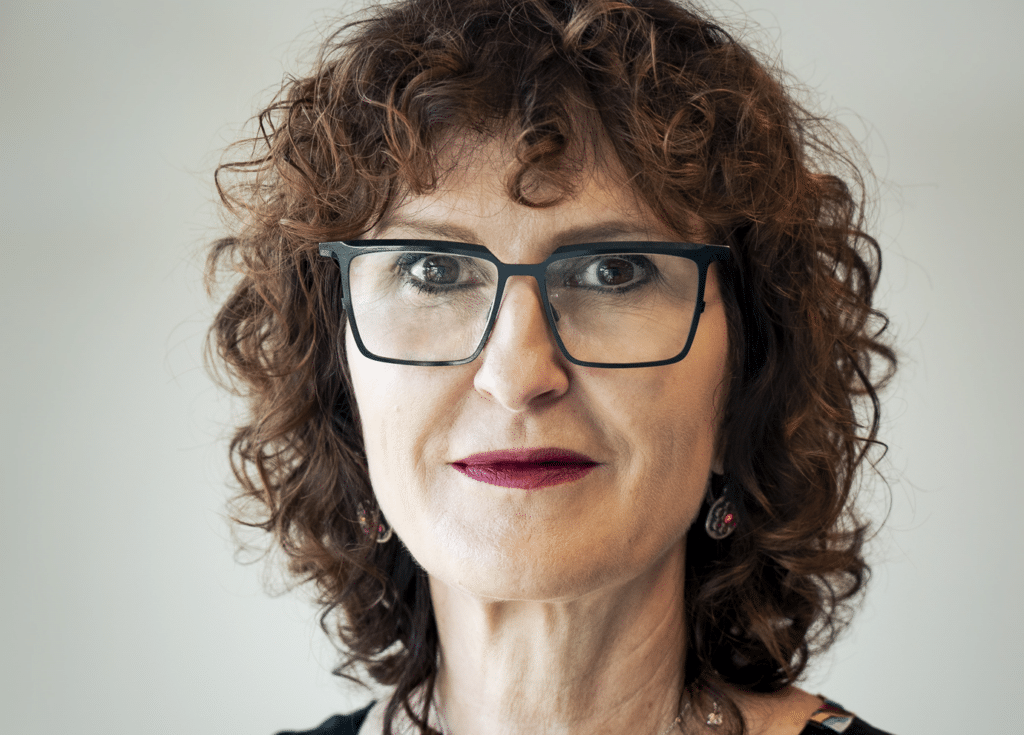No, it is not all men. But there are enough men involved in domestic violence that a broader conversation needs to be had about accountability.
The comparatively small number of men who do resort to violence need to stop.
The larger number of men who are aware of or suspect violence need to step up.
The larger still number of men who have witnessed early precursors to domestic violence, like talking women down, objectifying women and disparaging women, need to speak up.
These are perfectly reasonable expectations.
Generally, when we talk about accountability it is in the context of men being held accountable by our judicial system. These discussions are nowhere near sufficient.
For every man in court, there are five more potentially using violence who have not come to police attention yet, and may never do. Any expectation that the law alone will deliver accountability is doomed. We can’t arrest our way out of this.
Men who are arrested and charged are responding to socially imposed judgement and sanctions. It may have little bearing on whether that man believes he’s done the wrong thing and in all likelihood it won’t change his behaviour.
How we think about accountability has been considered by philosophers throughout the ages. Aristotle argued that accountability rests on a person having engaged in action voluntarily and rationally.
For violent men their mindset from violence to arrest, court and beyond, is instead one of “she drove me to it”, “I lost control”, “I wasn’t myself”, “it’s not me” or “I was drunk at the time”.
The hard reality is men using violence do not change without professional intervention. While legal intervention is a critical part of the system, it is not the only intervention required to ensure men become accountable for their actions.
Personal accountability means accepting the choices they’ve made about their own behaviour, while thoughtfully, deliberately and rationally building a different mindset and skills that make their loved ones safe.
This is a personal shift that will not be made without specialised counselling and educational intervention.
Relationships Australia NSW has been working with men using violence in specialised programs for more than 30 years. We engage with the whole family, should they wish to be engaged, and often work with both current and ex partners and their children.
We know that violent and abusive behaviour can continue despite arrests and relationship losses, and will be perpetuated across the next relationship and the next.
The goal for men to be accountable for their violence is universal. But it cannot be left to a magistrate or a police officer to hold them to account because many men we work with don’t get that far and won’t change with imposed sanctions alone.
We need more behaviour change programs that foster personal accountability, and they need to be supported by more extensive research to keep honing what works.
As soon as violence and abuse are identified, whether at the GPs office, baby health centre, couple counselling appointment or at the point of arrest, we need robust, effective services for the individual and his family available immediately.
To be clear, behaviour change programs are not a magic solution. Services are only effective when the participants are open to change, as we see in the cycle of drug and alcohol rehabilitation.
We have some men who repeat the program and there are some who need to be removed from society to do this work in jail. But we must break the cycle.
Without deliberate focus on achieving real accountability we will continue to rely on the bluntest and most limited levers we can pull.
Locking violent men up might appear an achievement. But if we really want to address this slide into increasing domestic violence, we collectively have to hold men to account and intervene effectively both before and after they end up in handcuffs.
Elisabeth Shaw (pictured above) is a clinical psychologist and the CEO of Relationships Australia NSW
***
If you or someone you know is experiencing, or at risk of experiencing, domestic, family or sexual violence, call 1800RESPECT on 1800 737 732, text 0458 737 732 or visit 1800RESPECT.org.au for online chat and video call services.
If you are concerned about your behaviour or use of violence, you can contact the Men’s Referral Service on 1300 766 491 or visit http://www.ntv.org.au.
Feeling worried or no good? No shame, no judgement, safe place to yarn. Speak to a 13YARN Crisis Supporter, call 13 92 76. This service is available 24 hours a day, 7 days a week.


